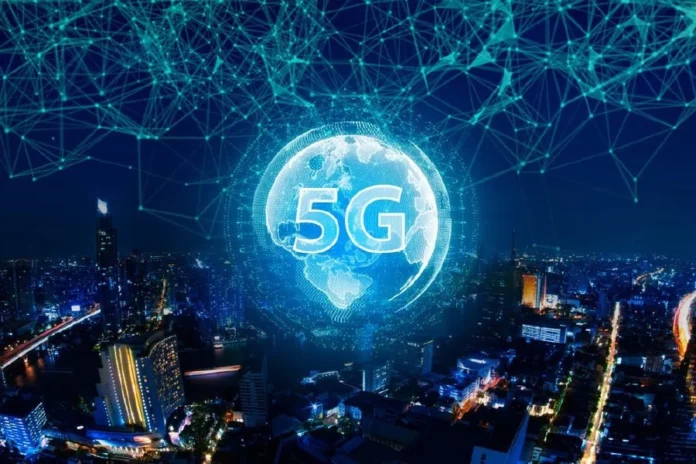PUTRAJAYA, May 3 — The government has decided to implement a dual 5G network once the current rollout under Digital Nasional Bhd (DNB) has reached 80 per cent of populated areas, said Communications and Digital Minister Fahmi Fadzil.
He said today’s Cabinet meeting, chaired by Prime Minister Datuk Seri Anwar Ibrahim, agreed that the 5G rollout under a single network would continue until the end of 2023 when coverage was expected to reach 80 per cent of populated areas.
Fahmi said the switch to the dual network model would be implemented based on terms which are consistent with global practices of offering multiple networks.
“It (dual network) is not only for the people but also the industrial sector, which is among the target groups for 5G technology usage.
“This decision was made with a shift of focus to the elements of adaptability and innovation based on 5G technology in a comprehensive manner,” he told a press conference on 5G implementation here today.
Anwar had earlier ordered a review of the 5G rollout because it lacked transparency and was implemented by the previous government without an appropriate tender process.
Fahmi said the dual network model would also take into consideration the sustainability of the telecommunication industry’s ecosystem in Malaysia and put an end to the elements of monopoly frequently linked with DNB.
“In line with the main principle outlined in the Prime Minister’s Budget 2023 speech, this switch can manifest inclusiveness through the full participation of service providers without jeopardising existing 5G subscriptions, at a reasonable rate for the people,” he said.
He said the Communications and Digital Ministry (KKD) always cooperated with the Finance Ministry (MOF) and DNB as well as service providers to ensure that the transition to a dual network could proceed smoothly without affecting the interests of the people and confidence of investors.
Fahmi said a new entity would be identified through an open tender process for the migration to the dual network under phase two of the 5G rollout, which is expected to begin in January 2024.
“A general condition which is the core for 5G system implementation is that, among other things, the price must be reasonable for the people,” he said.
“At the end (of the day), (people) want to know how much they have to pay. For DNB, it has been stated that the wholesale price per gigabit (GB) is about 12 to 13 sen, and this is also the basis for the (new) entity,” he added.
He is confident that the targeted 80 per cent coverage of populated areas by year-end could be achieved as the 5G rollout had reached 57.8 per cent as at the end of March this year.
“The most important consideration is that this 5G implementation will not cause any disruption to subscribers,” he said.
Asked which companies wanted the 5G project, Fahmi said he did not know but stressed that the government would not entertain any lobbying.
“To be fair, Ericsson (contract) was given through a tender process. I think that has to be re-emphasised,” he said.
















